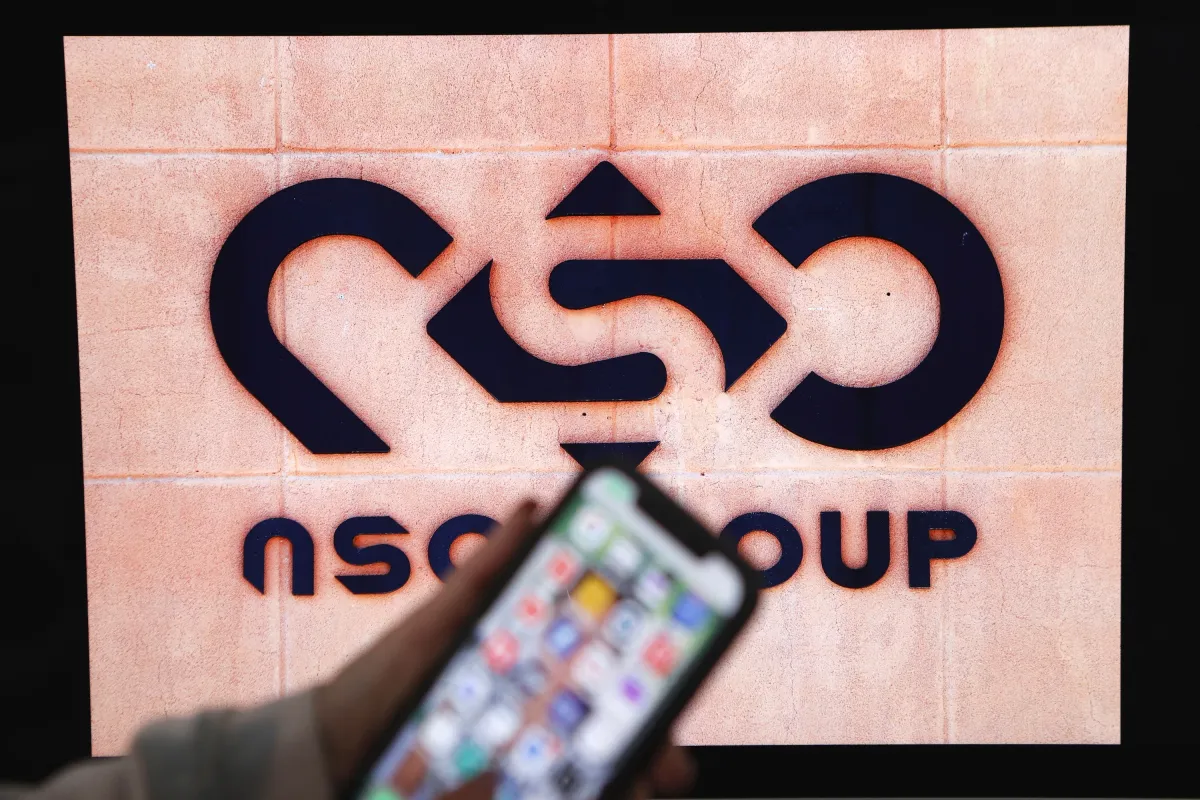Indian Fintech Jar Achieves Profitability by Turning Gold Savings into a Digital Habit
Bengaluru-based fintech startup Jar has recorded profitability by enabling millions of Indians—many first-time savers—to build digital gold holdings through its platform. The company’s unique model, which leverages India’s cultural affinity for gold, has positioned it as a game-changer in the financial inclusion space.
Unlike most consumer fintech firms that target affluent urban populations or focus on credit services, Jar has captured a vast user base by offering gold savings with a low entry point of just ₹10 (about $0.11) a day. The four-year-old company has amassed over 35 million registered users across 12,000 zip codes, with a majority coming from tier-2 and tier-3 cities. According to co-founder and CEO Nishchay AG, more than 95% of Jar’s users are saving formally for the first time.
The company’s financial momentum underscores its growth story. Jar’s operating revenue surged ninefold in fiscal year 2024 to ₹2.08 billion ($23.6 million), while its total revenue skyrocketed 49 times to ₹24.50 billion ($279.3 million) from the previous year. Sources reveal the startup is exploring a public listing in 2026, with investment bankers already in talks for a potential IPO.
A major driver of this success is Jar’s diversified business model. Alongside digital gold, it operates Nek, a jewelry platform offering gold, silver, diamonds, and lab-grown diamonds across 8,000 zip codes. Nek alone generated over ₹1 billion ($11 million) in annual revenue in its first year.
Jar has been profitable after tax for two consecutive quarters, thanks to a strategic shift from being a mere distribution partner to fully integrating its operations. The company now manages gold purchases, storage, and distribution in-house, with BDO as its statutory auditor and Brinks as its custody partner. This vertical integration allows Jar not only to retain greater margins but also to distribute its gold through external platforms, including PhonePe, owned by Walmart.
To expand its ecosystem, Jar has partnered with BharatPe and Unity Small Finance Bank to integrate UPI-based digital payments directly within the app, broadening its utility beyond savings. The adoption of UPI AutoPay has also boosted recurring transactions, reinforcing its flagship daily savings feature.
Jar’s appeal lies in its accessibility. The app supports nine Indian languages and caters to users across income brackets—from IT professionals to daily wage earners such as electricians, carpenters, and construction workers. Gamified features and personalized nudges further encourage consistent savings habits.
The startup, backed by investors including Tiger Global, Tribe Capital, Arkam Ventures, and WEH Ventures, has raised $63.3 million to date and is currently valued at over $300 million, according to Tracxn.
As Jar continues to expand, its model highlights how blending technology with cultural touchpoints can foster financial inclusion—turning spare change into a pathway for wealth creation in emerging economies.
Source: Techcrunch
news via inbox
Get the latest updates delivered straight to your inbox. Subscribe now!



